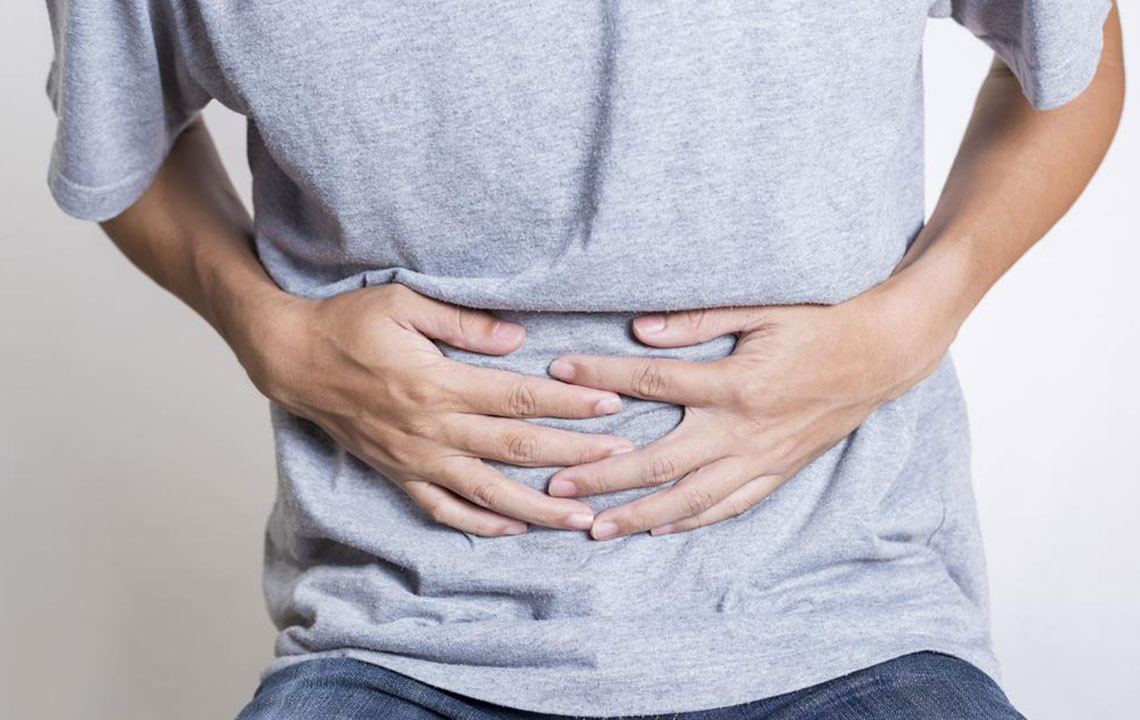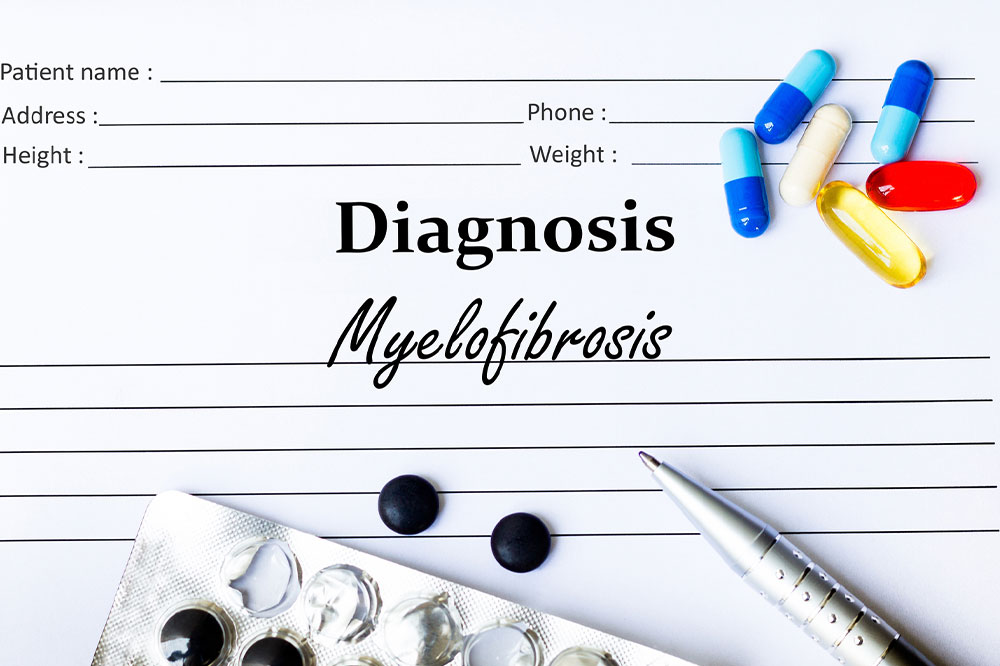Comprehensive Guide: The Top 11 Causes of Constipation and Effective Solutions
This detailed guide explores the top 11 causes of constipation, including diet, medications, age-related changes, and medical conditions. It offers practical tips for prevention and treatment, emphasizing lifestyle modifications like diet and exercise. Understanding these factors can help improve digestive health and alleviate discomfort. Whether you experience occasional or chronic constipation, this comprehensive article provides valuable insights for maintaining regularity and overall gut health.

Comprehensive Guide: The Top 11 Causes of Constipation and Effective Solutions
Constipation is a common digestive issue that affects millions worldwide. It occurs when bowel movements become infrequent or difficult to pass, leading to discomfort, bloating, and other related health problems. Understanding the root causes of constipation is crucial for effective management and treatment. This comprehensive article explores the 11 most common causes of constipation, along with practical tips and strategies to address each factor. Whether you're experiencing occasional constipation or chronic issues, this guide provides valuable insights to help you achieve better digestive health.
Understanding the Causes of Constipation
The human digestive system is a complex network influenced by diet, lifestyle, and underlying health conditions. Several factors can disrupt normal bowel movements, leading to constipation. Identifying these causes with the help of healthcare professionals is essential before initiating any treatment plan. From dietary habits to medical conditions, many elements contribute to this common yet often overlooked health issue.
Core Causes of Constipation
A primary factor behind constipation is the colon’s excessive absorption of water, which results in hardened stool that's difficult to pass. Additionally, weakened or sluggish muscles in the colon can slow down stool transit, leading to infrequent bowel movements. Dehydration further complicates this issue by causing stool to dry out, making it even harder to pass. Understanding these mechanisms provides a foundation for effective intervention and prevention strategies.
Dietary habits play a significant role in bowel health. Consuming a diet rich in fiber from fruits, vegetables, and whole grains helps regulate bowel movements by adding bulk and facilitating stool passage. Conversely, diets high in dairy, meat, and processed foods, which are low in fiber, tend to increase the risk of constipation. Incorporating high-fiber foods into daily meals is a vital step towards maintaining regularity and preventing discomfort.
Lack of physical activity is another major contributor, especially among older adults or individuals who are bedridden. Regular exercise stimulates intestinal function and promotes healthy digestion. Even simple activities like walking or stretching can significantly improve bowel habits and reduce constipation risk. Therefore, lifestyle modifications, including increased physical activity, are essential components of effective management.
Medication Side Effects
Several medications can interfere with bowel movements. Opioids such as codeine and oxycodone are well-known for their constipating effects. Antidepressants like amitriptyline, certain anticonvulsants, calcium channel blockers, antacids containing aluminum, and diuretics can also impair normal bowel function. If you are prescribed these medications and experience constipation, consult your healthcare provider to discuss alternative options or adjunct therapies.
Medications are among the most common causes of constipation, especially in individuals undergoing long-term drug therapy. Understanding the side effects of your medications can help you and your doctor develop strategies to mitigate this issue, such as dietary adjustments or temporary medication switches.
Impact of Dairy Products
Dairy consumption, including milk, cheese, and yogurt, might cause bowel movement difficulties in some individuals. Lactose intolerance or sensitivity can lead to gas, bloating, and constipated stool. Monitoring your dairy intake and observing any gastrointestinal symptoms can help identify if dairy is a contributing factor.
If dairy is suspected to impair your digestion, consider alternatives like lactose-free products or plant-based options such as almond or soy milk. Managing dairy intake thoughtfully can significantly improve bowel habits for sensitive individuals.
Age and Digestive Changes
As we age, various physiological changes occur that can predispose to constipation. Metabolic processes tend to slow down, and the strength of intestinal muscles diminishes. These alterations make it more challenging for elderly individuals to maintain regular bowel movements, increasing their susceptibility to constipation.
Understanding these age-related changes encourages older adults to adopt preventive measures, including diet modifications, physical activity, and hydration, to support healthy digestion. Regular medical check-ups can also help manage underlying health conditions contributing to constipation in seniors.
Travel Disruptions
Traveling often disrupts routines, meal timings, and sleep patterns, leading to changes in bowel habits. Stress and unfamiliar environments may cause gastrointestinal upset, resulting in constipation. Maintaining hydration, sticking to a meal schedule, and staying active during travel can help mitigate these effects.
Planning ahead and implementing healthy travel habits are essential for preventing travel-related constipation. Carrying fiber-rich snacks, staying hydrated, and maintaining mobility are practical steps to keep your digestive system functioning well on the go.
Laxative Dependence
Overusing or misusing laxatives can impair the body's natural ability to have bowel movements. This dependence can create a cycle where the colon becomes less responsive, worsening constipation when laxatives are discontinued.
Educating oneself about the risks of laxative abuse and seeking medical guidance for chronic constipation is crucial. Alternative treatments, including dietary and behavioral strategies, can provide safer and more sustainable relief.
ignoring Urge to Breathe
Suppressing the natural urge to defecate can lead to dry, hard stools that are difficult to pass. This habit can cause stool retention, increasing the risk of constipation. Listening to your body's signals and maintaining regular bathroom routines are essential for healthy bowel function.
Developing habits that respect the body's natural cues can prevent future issues. Establishing regular bathroom times and avoiding delaying the urge can significantly improve digestive health.
Dehydration
Adequate hydration is vital for preventing hard stools. Caffeinated beverages, alcohol, and excessive consumption of sodas can lead to dehydration, which exacerbates constipation. Drinking sufficient water daily supports softening of stool, making it easier to pass.
Ensure you consume enough fluids throughout the day, adjusting based on activity level and weather. Proper hydration, combined with a fiber-rich diet, offers the best defense against constipation.
Obstructions and Structural Abnormalities
Conditions such as tumors, strictures, diverticulosis, or congenital disorders like Hirschsprung disease narrow or block the colon or rectum. These structural issues hinder stool passage and require medical intervention.
If structural problems are suspected, diagnostic procedures such as colonoscopy are essential. Treatment may involve surgery or other medical therapies to address these underlying issues.
Underlying Medical Conditions
Several chronic diseases and health conditions impact bowel health. Neurological disorders like Parkinson’s disease and multiple sclerosis can impair nerve signals to the intestines. Metabolic issues such as diabetes and autoimmune conditions like lupus can also disrupt normal bowel movements. Certain treatments, including chemotherapy, may have constipation as a side effect.
Managing these conditions with proper medical care and monitoring can help reduce constipation. Often, a multidisciplinary approach involving diet, medication, and lifestyle adjustments is most effective.





